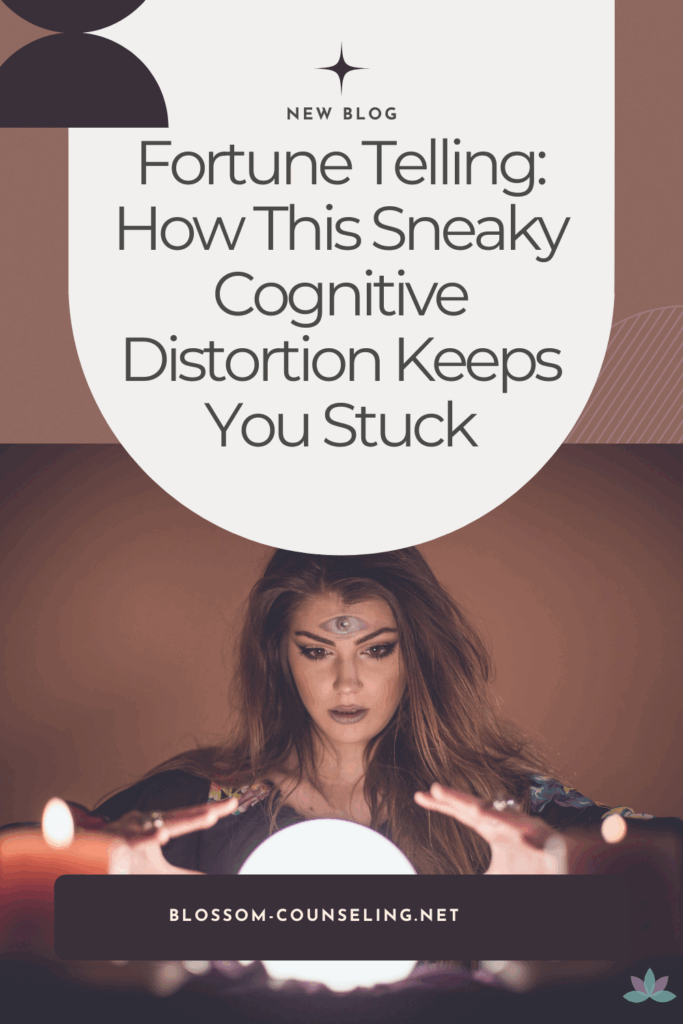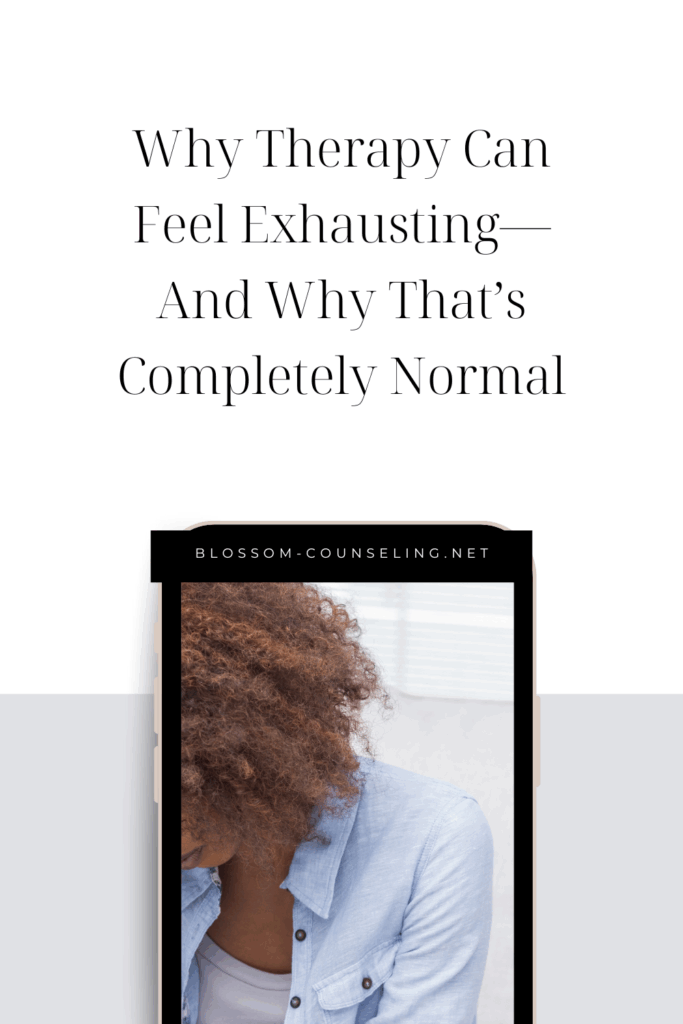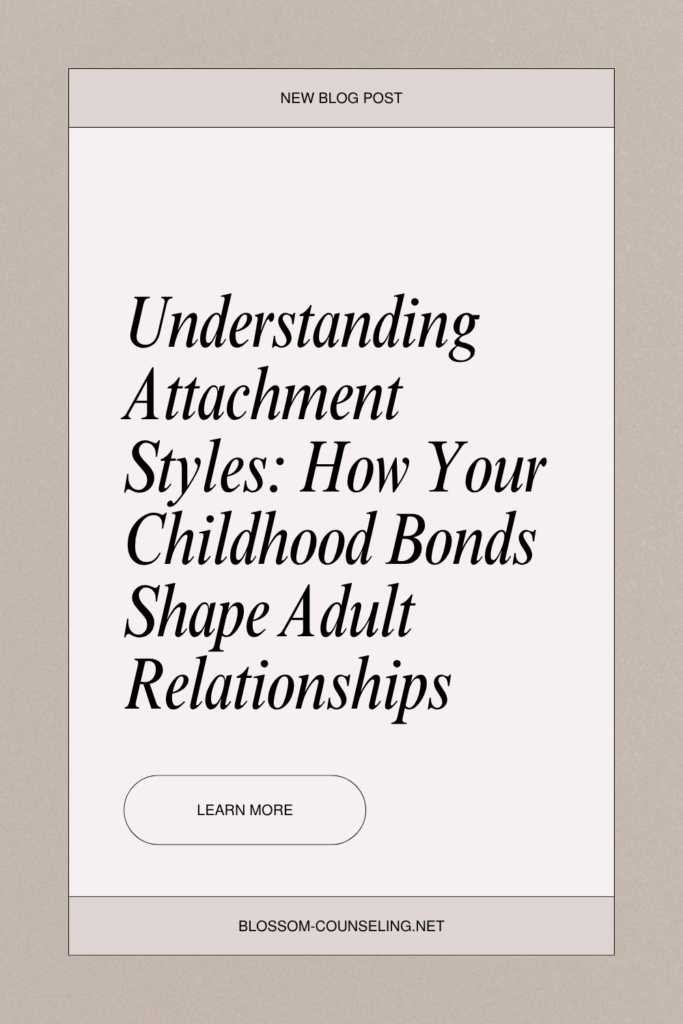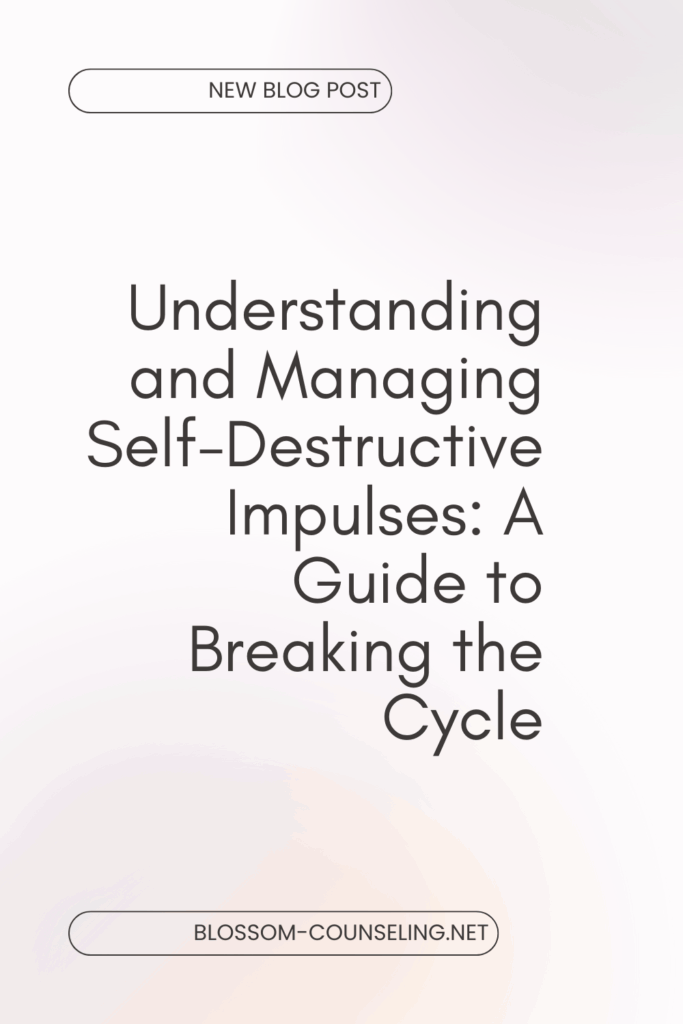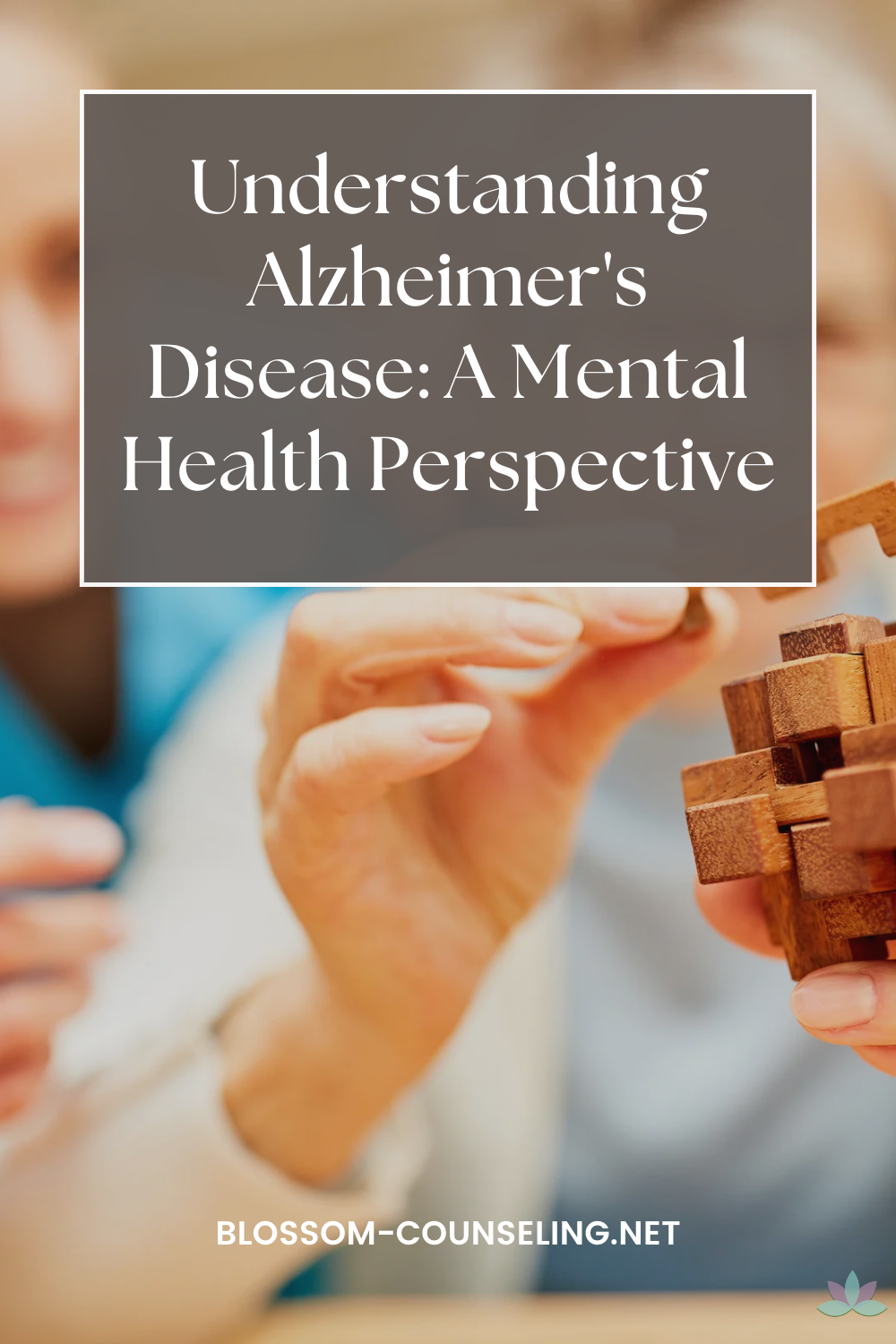
Alzheimer’s disease is often talked about in terms of memory loss and the practical challenges it presents, but what about the mental health toll it takes on both those diagnosed and their loved ones? Understanding the emotional landscape of Alzheimer’s can empower us to foster deeper connections and provide the support that truly matters.
The Emotional Journey of Alzheimer’s Disease
Alzheimer’s disease does more than erode memory—it can alter personality, mood, and behavior. As nerve cells in the brain degrade, individuals may experience confusion, frustration, and even depression. These changes often lead to feelings of isolation and helplessness, not only for the person with Alzheimer’s but also for their family and friends. Watching a loved one gradually lose their sense of self is heart-wrenching and can lead to a unique form of grief called “ambiguous loss,” where the loved one is both present and absent at the same time.
The Impact on Mental Health
Caring for someone with Alzheimer’s requires immense emotional resilience. Caregivers often report high levels of stress and burnout. The daily responsibilities—managing medications, appointments, and mood swings—can leave little room for self-care, leading to caregiver depression and anxiety. It’s a poignant reminder that mental health support is crucial for everyone touched by this disease.
Staying Connected
Despite the challenges, maintaining emotional connections with someone who has Alzheimer’s can be incredibly rewarding. Here are a few ways to help nurture these connections:
- Create a Calm Environment: Simplify routines and maintain a calm, predictable environment to help reduce anxiety and confusion for your loved one.
- Engage in Meaningful Activities: Focus on activities that are enjoyable and manageable for the person with Alzheimer’s, like listening to music, gardening, or looking through old photos. These activities can spark joy and moments of clarity.
- Communicate Effectively: Use simple sentences and a calm, reassuring tone. Be patient and give them time to respond, as they may struggle with finding the right words.
- Support Their Independence: Allow them to do as much as possible with as little assistance as necessary. This can help maintain their self-esteem and promote positive emotional health.
Emotional Support for Caregivers
If you’re caring for someone with Alzheimer’s, remember that seeking support for yourself isn’t a luxury—it’s a necessity. Joining support groups can be a great way to connect with others who understand your experiences. Sharing your feelings and challenges not only alleviates loneliness but can also provide practical strategies to manage day-to-day stresses.
Alzheimer’s disease challenges our concept of mental health in profound ways, stretching the emotional bandwidth of everyone involved. By addressing the emotional and psychological impacts of Alzheimer’s, we can create a more supportive environment that prioritizes mental well-being alongside physical health. In doing so, we not only enhance the quality of life for those directly affected but also fortify our communities with compassion and understanding.

